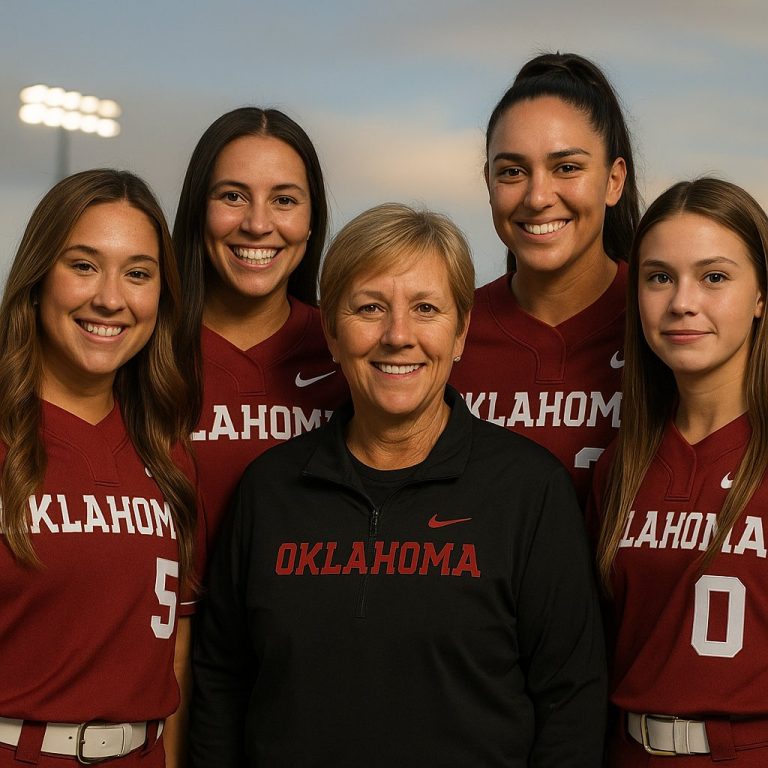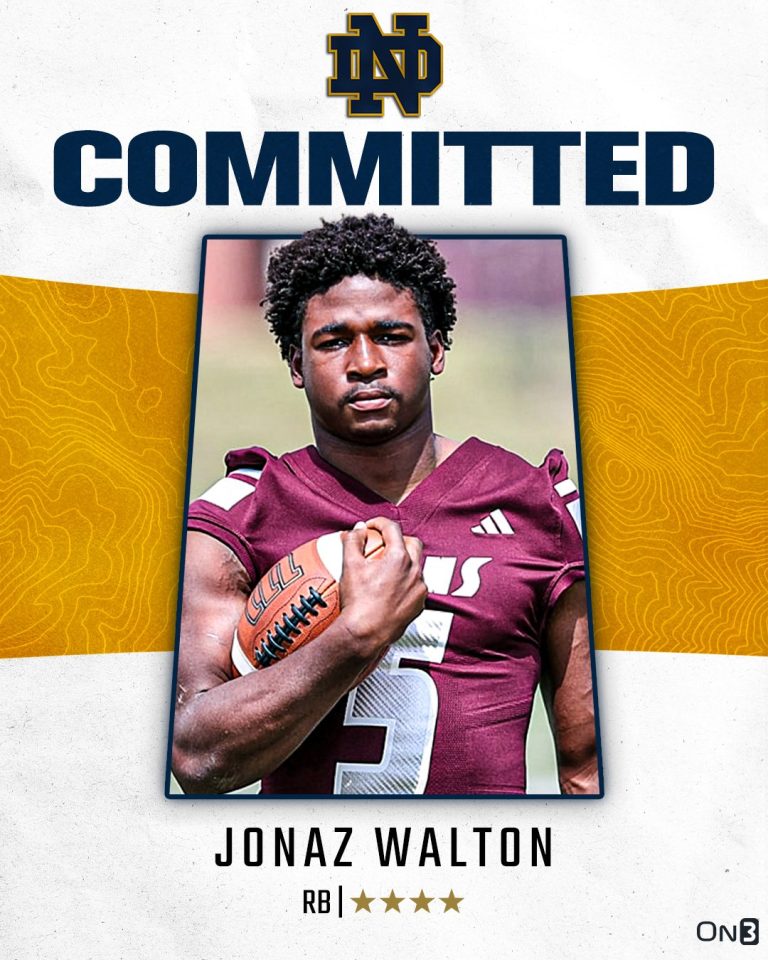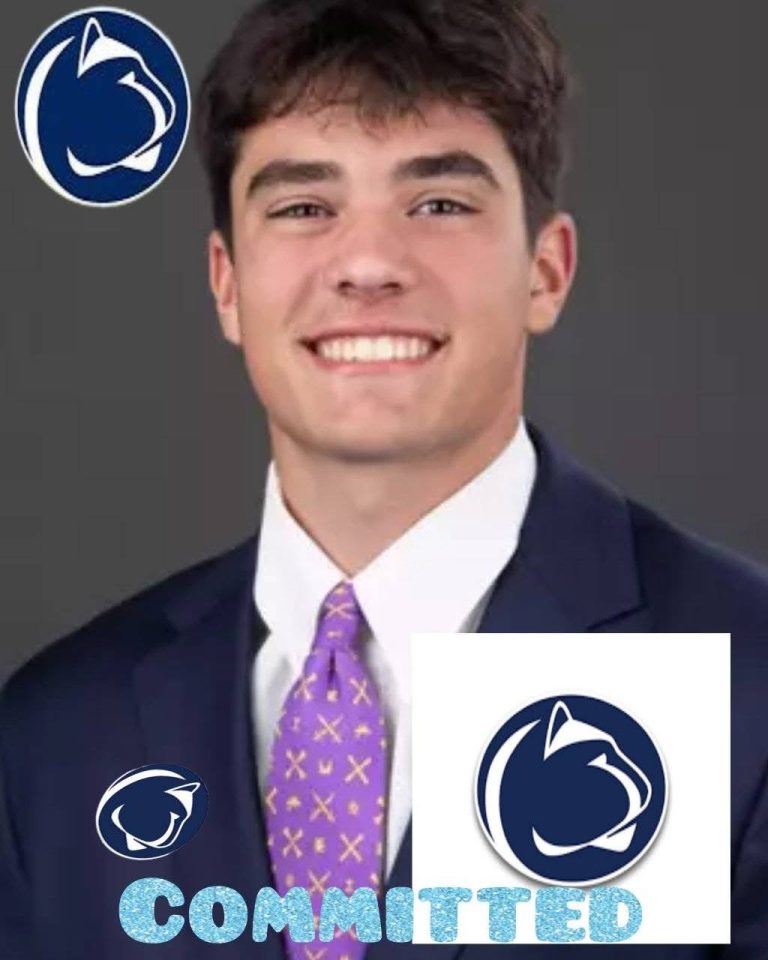
In a stunning turn of events that has sent shockwaves through the college football world, Tennessee quarterback Nico Iamaleava has officially departed from the Volunteers program following a high-stakes standoff over Name, Image, and Likeness (NIL) earnings. The former five-star recruit and one of the most promising quarterbacks in the country reportedly demanded a raise in his NIL deal—from an already jaw-dropping $2 million per year to an unprecedented $4 million. When the request wasn’t met, tensions boiled over, leading to Iamaleava’s abrupt exit.
The dispute reflects the new frontier of college athletics, where young stars are navigating both their athletic careers and the complexities of personal branding and financial negotiations. Iamaleava, who entered the Tennessee program as a freshman phenom, had long been seen as the future face of the Volunteers. His dual-threat capabilities and strong arm made him a fan favorite and a centerpiece of Coach Josh Heupel’s offensive strategy.

However, sources close to the program revealed that Iamaleava grew increasingly frustrated during the spring semester. He reportedly missed team meetings and practices, citing dissatisfaction with his current NIL compensation. The quarterback’s camp insisted that his performance, marketability, and expected future in the NFL warranted a deal that better reflected his value—not just to Tennessee, but to college football as a whole.
The rift created an uncomfortable atmosphere in the locker room. While NIL deals have become standard in collegiate sports, the magnitude of Iamaleava’s demand created concerns about fairness and team dynamics. Some teammates and program insiders felt that the escalating NIL figures were beginning to overshadow the game itself, creating divisions within the squad.
Coach Josh Heupel and the Tennessee athletic department were reportedly unwilling to meet the $4 million request, fearing it would set an unsustainable precedent. While the Volunteers have been aggressive in using NIL to attract and retain talent, insiders say the administration has remained firm on financial limits to avoid long-term consequences for the program’s stability.
Iamaleava’s departure leaves a significant void in Tennessee’s quarterback room. The Volunteers are now exploring their options, including both internal development and potential additions through the transfer portal. Recruiting efforts have already intensified, as the coaching staff looks to pivot quickly to stabilize the offense ahead of the 2025 season.
The ripple effect of this situation is likely to be felt across college football. As NIL deals grow in size and importance, programs and players are entering a new era of negotiation and leverage—one where business decisions can outweigh loyalty and legacy.
For Nico Iamaleava, the next chapter is uncertain. Whether he transfers to another top-tier program or waits for NFL opportunities, his departure is a stark reminder that college football has entered a new, lucrative, and complex phase—one where the line between amateur and professional continues to blur.





